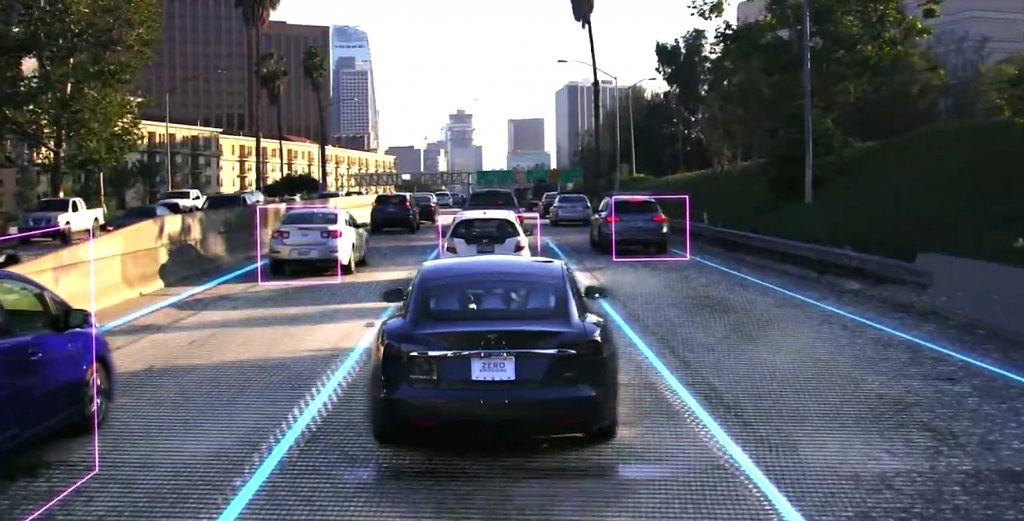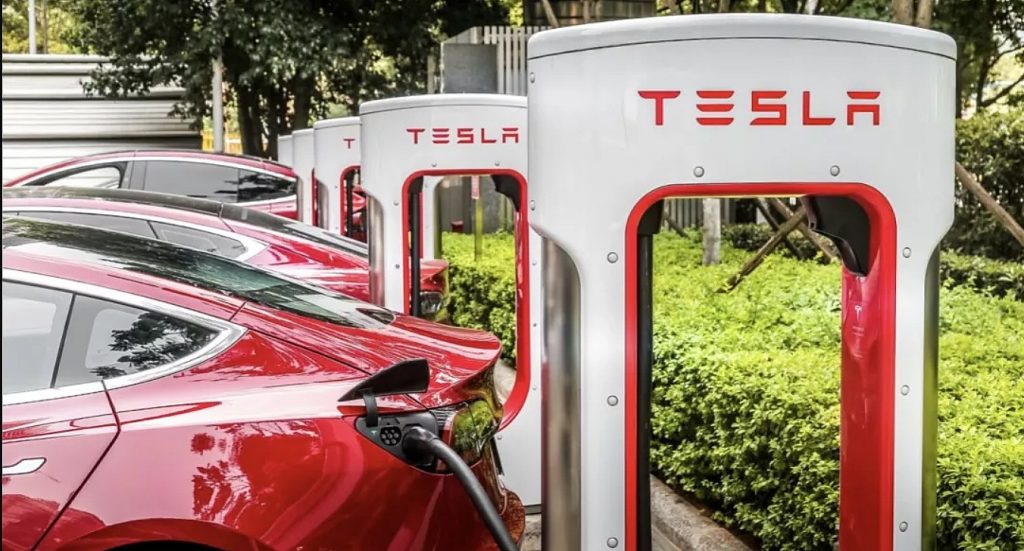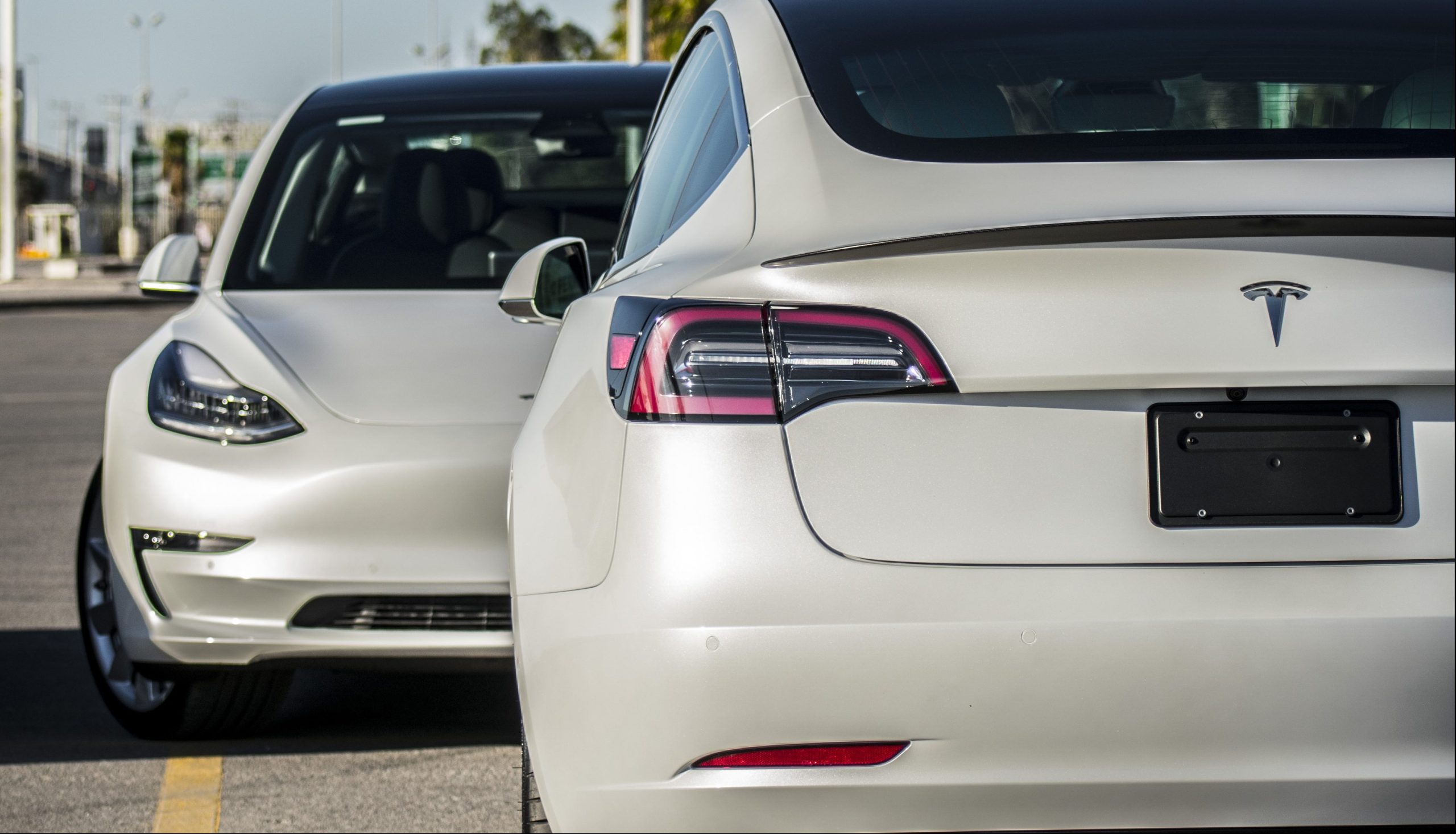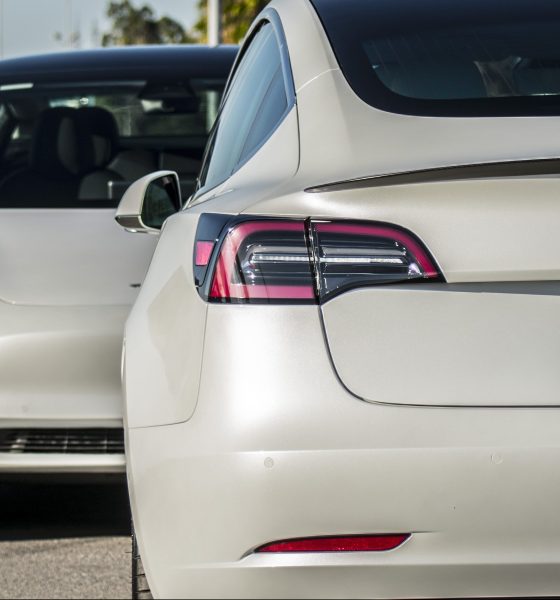A recent study from US-based global marketing information services firm JD Power has concluded that consumers are not at all that excited about the advent of full self-driving vehicles, or electric cars for that matter. According to the firm, the respondents of its study exhibited a low level of confidence for autonomous vehicles and a neutral level of confidence for electric cars.
The rather surprising results are sourced from JD Power’s Mobility Confidence Index Study, which was conducted in collaboration with SurveyMonkey, which polled 5,749 consumers who were asked about self-driving vehicles, and 5,270 consumers who were asked about all-electric cars. The respective results of both polls were then converted to a 100-point scale. According to the firm, the results were not encouraging, with autonomous vehicles scoring 36 out of 100 and EVs scoring 55 out of 100.
JD Power has not published the full results of its study, though it has noted that the respondents of its self-driving vehicle survey expressed concerns about riding in autonomous cars themselves, as well as being on the road with other drivers while inside a self-driving car. The firm noted that 71% of the study’s respondents were most worried about tech failures that can happen while an autonomous vehicle is in operation, while 57% were concerned about the possibility of the cars getting hacked. It should be noted that 68% of the study’s respondents admitted that they had “little to no knowledge about self-driving vehicles.”

The results of JD Power’s EV survey were a bit better compared to its full self-driving vehicle study. Charging infrastructure and battery range were listed as “critical challenges which must be addressed,” with 64% of respondents having concerns about charging infrastructure, 77% expecting electric vehicles to have a range of at least 300 miles, and 74% stating that they were unwilling to wait more than 30 minutes to replenish 200 miles of range in a charging station.
Amidst these concerns, only 39% of the respondents to JD Power’s survey stated that they were likely to purchase an electric vehicle, while 49% expressed concerns about the reliability of EVs compared to gas-powered cars. Similar to the respondents of the full self-driving vehicle study, 68% of those who were surveyed about electric vehicles stated that they had no experience with EVs at all, with some admitting that they have never sat inside an electric car.

Kristin Kolodge, executive director, driver interaction & human-machine interface research at JD Power, stated that the results of the study were not encouraging for EVs and autonomous driving systems. “Out of the box, these scores are not encouraging. As automakers head down the developmental road to self-driving vehicles and greater electrification, it’s important to know if consumers are on the same road — and headed in the same direction. That doesn’t seem to be the case right now. Manufacturers need to learn where consumers are in terms of comprehending and accepting new mobility technologies—and what needs to be done.” she said.
Considering the aggressive push for electric car adoption and the equally aggressive push for the retirement of the internal combustion engine in regions such as Europe and China, the results of JD Power’s survey, which seemed to be driven by respondents that simply lacked information, are quite interesting, and perhaps not representative of global car buyers as a whole.
If any, the fact that the majority of respondents in both surveys admitted to having little experience or knowledge about EVs and self-driving systems highlights the need for more information dissemination, especially from companies like Tesla. After all, Tesla has already addressed the biggest concerns highlighted by the respondents of JD Power’s EV survey, as evidenced by its Supercharger Network, its proprietary fast-charging technology, and the release of vehicles like the Model S Long Range, which can go 370 miles on a single charge.

Elon Musk
Elon Musk hints Tesla investors will be rewarded heavily
“Hold onto your Tesla stock. It’s going to be worth a lot, I think. That’s my bet,” Musk said.

Elon Musk recently hinted that he believes Tesla investors will be rewarded heavily if they continue to hold onto their shares, and he reiterated that in a new interview that the company released on its social accounts this week.
Musk is one of the most successful CEOs in the modern era and has mammothed competitors on the Forbes Net Worth List over the past year as his holdings in his various companies have continued to swell.
Tesla investors, especially those who have been holding shares for several years, have also felt substantial gains in their portfolios. Over the past five years, the stock is up over 78 percent. Since February 2019, nearly seven years ago to the day, the stock is up over 1,800 percent.
Musk said in the interview:
“Hold onto your Tesla stock. It’s going to be worth a lot, I think. That’s my bet.”
Elon Musk in new interview: “Hold on to your $TSLA stock. It’s going to be worth a lot, I think. That’s my bet.” pic.twitter.com/cucirBuhq0
— Sawyer Merritt (@SawyerMerritt) February 26, 2026
It’s no secret Musk has been extremely bullish on his own companies, but Tesla in particular, because it is publicly traded.
However, the company has so many amazing projects that have an opportunity to revolutionize their respective industries. There is certainly a path to major growth on Wall Street for Tesla through its various future projects, including Optimus, Cybercab, Semi, and Unsupervised FSD.
- Optimus (Tesla’s humanoid robot): Musk has discussed its potential for tasks like childcare, walking dogs, or assisting elderly parents, positioning it as a massive long-term driver of company value.
- Cybercab (Tesla’s robotaxi/autonomous ride-hailing vehicle): a fully autonomous vehicle geared specifically for Tesla’s ride-sharing ambitions.
- Semi (Tesla’s electric truck, with mentions of expansion, like in Europe): brings Tesla into the commercial logistics sector.
- Unsupervised FSD (Full Self-Driving software achieving full autonomy without human supervision): turns every Tesla owner’s vehicle into a fully-autonomous vehicle upon release
These projects specifically are some of the highest-growth pillars Tesla has ever attempted to develop, especially in Musk’s eyes, as he has said Optimus will be the best-selling product of all-time.
Many analysts agree, but the bullish ones, like Cathie Wood of ARK Invest, are perhaps the one who believes Tesla has incredible potential on Wall Street, predicting a $2,600 price target for 2030, but this is not even including Optimus.
She told Bloomberg last March that she believes that the project will present a potential additive if Tesla can scale faster than anticipated.
Cybertruck
Tesla drops latest hint that new Cybertruck trim is selling like hotcakes
According to Tesla’s Online Design Studio, the new All-Wheel-Drive Cybertruck will now be delivered in April 2027. Earlier orders are still slated for early this Summer, but orders from here on forward are now officially pushed into next year:

Tesla’s new Cybertruck offering has had its delivery date pushed back once again. This is now the second time, and deliveries for the newest orders are now pushed well into 2027.
According to Tesla’s Online Design Studio, the new All-Wheel-Drive Cybertruck will now be delivered in April 2027. Earlier orders are still slated for early this Summer, but orders from here on forward are now officially pushed into next year:
🚨 Tesla has updated the $59,990 Cybertruck Dual Motor AWD’s estimated delivery date to April 2027.
First deliveries are still slated for June, but if you order it now, you’ll be waiting over a year.
Demand appears to be off the charts for the new Cybertruck and consumers are… pic.twitter.com/raDCCeC0zP
— TESLARATI (@Teslarati) February 26, 2026
Just three days ago, the initial delivery date of June 2026 was pushed back to early Fall, and now, that date has officially moved to April 2027.
The fact that Tesla has had to push back deliveries once again proves one of two things: either Tesla has slow production plans for the new Cybertruck trim, or demand is off the charts.
Judging by how Tesla is already planning to raise the price based on demand in just a few days, it seems like the company knows it is giving a tremendous deal on this spec of Cybertruck, and units are moving quickly.
That points more toward demand and not necessarily to slower production plans, but it is not confirmed.
Tesla Cybertruck’s newest trim will undergo massive change in ten days, Musk says
Tesla is set to hike the price on March 1, so tomorrow will be the final day to grab the new Cybertruck trim for just $59,990.
It features:
- Dual Motor AWD w/ est. 325 mi of range
- Powered tonneau cover
- Bed outlets (2x 120V + 1x 240V) & Powershare capability
- Coil springs w/ adaptive damping
- Heated first-row seats w/ textile material that is easy to clean
- Steer-by-wire & Four Wheel Steering
- 6’ x 4’ composite bed
- Towing capacity of up to 7,500 lbs
- Powered frunk
Interestingly, the price offering is fairly close to what Tesla unveiled back in late 2019.
Elon Musk
Elon Musk outlines plan for first Starship tower catch attempt
Musk confirmed that Starship V3 Ship 1 (SN1) is headed for ground tests and expressed strong confidence in the updated vehicle design.

Elon Musk has clarified when SpaceX will first attempt to catch Starship’s upper stage with its launch tower. The CEO’s update provides the clearest teaser yet for the spacecraft’s recovery roadmap.
Musk shared the details in recent posts on X. In his initial post, Musk confirmed that Starship V3 Ship 1 (SN1) is headed for ground tests and expressed strong confidence in the updated vehicle design.
“Starship V3 SN1 headed for ground tests. I am highly confident that the V3 design will achieve full reusability,” Musk wrote.
In a follow-up post, Musk addressed when SpaceX would attempt to catch the upper stage using the launch tower’s robotic arms.
“Should note that SpaceX will only try to catch the ship with the tower after two perfect soft landings in the ocean. The risk of the ship breaking up over land needs to be very low,” Musk clarified.
His remarks suggest that SpaceX is deliberately reducing risk before attempting a tower catch of Starship’s upper stage. Such a milestone would mark a major step towards the full reuse of the Starship system.
SpaceX is currently targeting the first Starship V3 flight of 2026 this coming March. The spacecraft’s V3 iteration is widely viewed as a key milestone in SpaceX’s long-term strategy to make Starship fully reusable.
Starship V3 features a number of key upgrades over its previous iterations. The vehicle is equipped with SpaceX’s Raptor V3 engines, which are designed to deliver significantly higher thrust than earlier versions while reducing cost and weight.
The V3 design is also expected to be optimized for manufacturability, a critical step if SpaceX intends to scale the spacecraft’s production toward frequent launches for Starlink, lunar missions, and eventually Mars.










